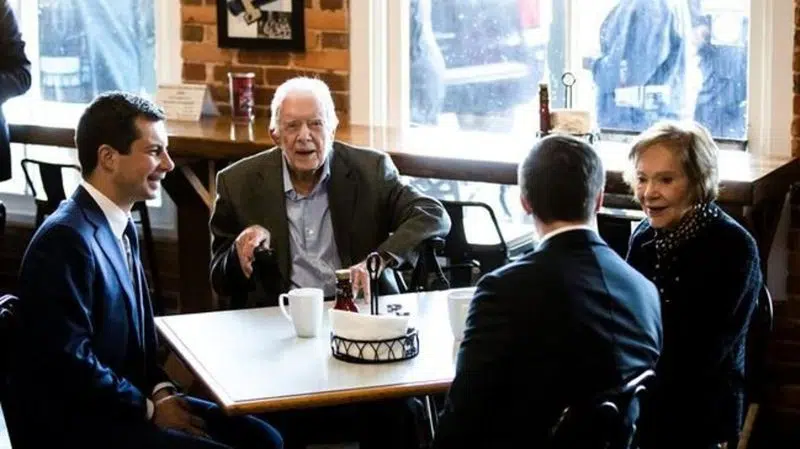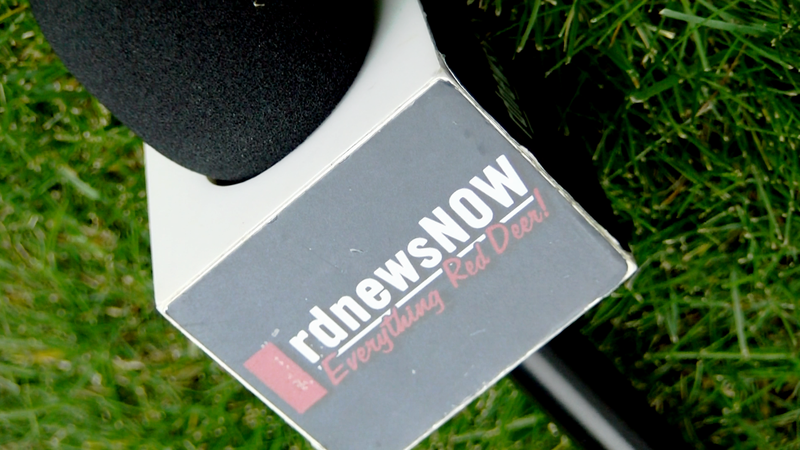
Buttigieg ends historic presidential campaign, urges unity
WASHINGTON — Pete Buttigieg, who rose from relative obscurity as an Indiana mayor to a barrier-breaking, top-tier candidate for the Democratic presidential nomination, ended his campaign on Sunday.
The decision by the first openly gay candidate to seriously contend for the presidency — and among the youngest ever — came just a day after a leading rival, Joe Biden, scored a resounding victory in South Carolina. That sparked new pressure on the party’s moderate wing to coalesce behind the former vice-president.
“The truth is the path has narrowed to a close for our candidacy if not for our cause,” Buttigieg, 38, told supporters in South Bend, Indiana. “We must recognize that at this point in the race, the best way to keep faith with those goals and ideals is to step aside and help bring our party and country together.”
He didn’t endorse any of his former rivals, though he and Biden traded voicemails on Sunday. Buttigieg has spent the past several weeks warning that nominating progressive leader Bernie Sanders to take on President Donald Trump would be risky.


